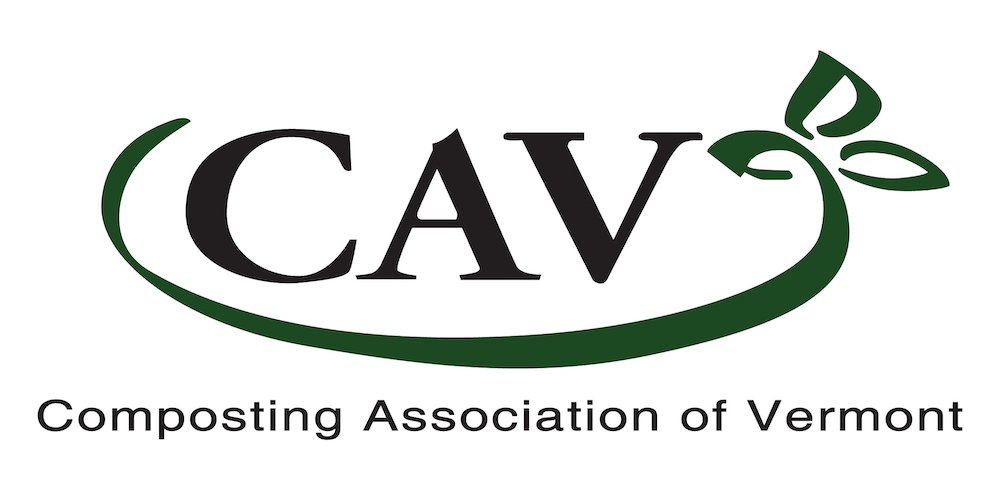
About the Community-Oriented On-Farm Composting Project
Closing local, decentralized nutrient loops.
What the project is about
Focusing primarily on small farms, the Composting Association of Vermont’s Community-Oriented On-Farm Composting Project offers participating farms and communities a cost-effective solution for diverting food and organic residuals to composting and improving manure management, resulting in significant benefits including:
Solid waste diversion from landfills
The production of compost for farming, more interest in healthy soils, reduced use of fertilizers, & potentially reducing food insecurity
Use of compost for meeting required agricultural practices (RAPs) & erosion control applications, resulting in decreased water pollution
A more “waste-aware” culture
Increased adoption of creative food recovery efforts
Diversified farm income streams for increased farm viability.
Greater community, farm, and ecological resilience
Why the project was needed
While some farmers in agricultural communities compost for on-farm use, few accept off-farm food scraps for composting. Operators of small farms frequently lack the time, resources, or technical knowledge to compost effectively. Agricultural Extension agencies and other farm support organizations offer few resources for on-farm composting of food scraps. Farmers may struggle to maneuver through related regulations and certification requirements. Moreover, selling compost products off-farm presents an additional set of challenges.
Operators can benefit greatly from training and assistance to diversify their farms through on-farm composting to become more sustainable and economically viable. Small farms often employ community-supported agriculture models and can build upon them to benefit their farm and community through community-based food scrap collection and composting.
